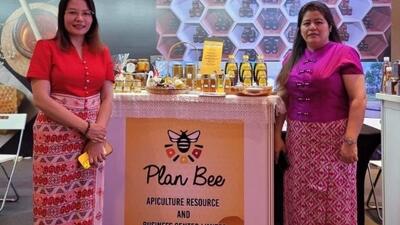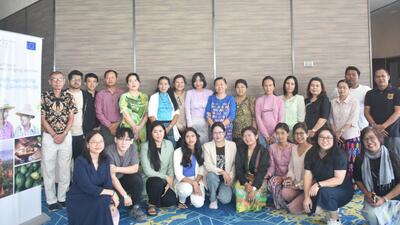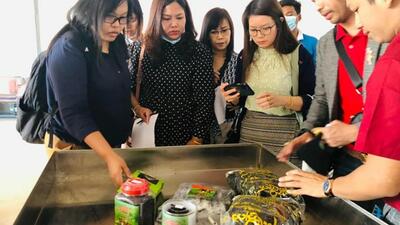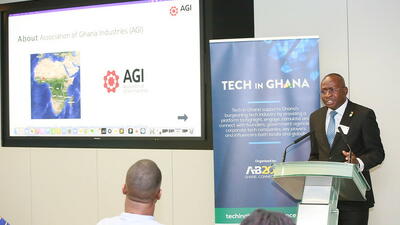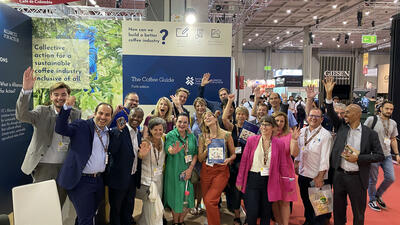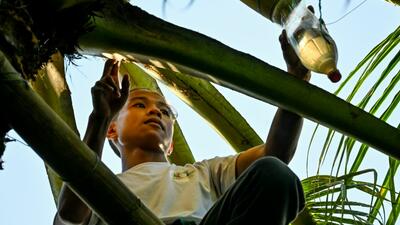
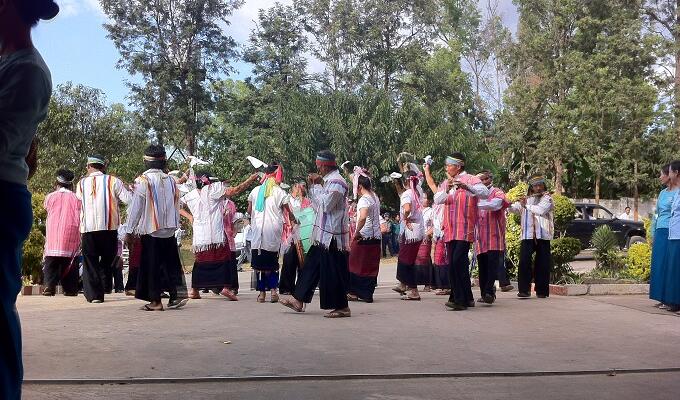
Tourism sector workers in Myanmar to improve services, earn higher incomes
People in a remote eastern region of Myanmar are set to do more trade and earn higher incomes through the implementation of a tourism project by the International Trade Centre (ITC).
The Netherlands Trust Fund (NTF) III tourism project, launched in August, is designed to increase the income of producers and exporters working in the tourism industry in Kayah State by improving services such as marketing, hotel accommodations and the availability of programmes for tourists.
Officials from the Ministry of Commerce, Ministry of Hotels and Tourism, and representatives of the business community chose to target Kayah State for development because of its rich culture, untapped potential for cultural community tours, and possibility of linking handicraft and food producers to the tourism value chain. New hotels are being constructed in the area, roads are being repaired and relations with other countries are improving, all of which help lay the grounds to host more visitors.
‘Complementing the work to improve products and services in the region and to protect local communities, we will also ensure that national and local branding strategies contribute to the development of sustainable tourism,’ said James Howe, ITC Senior Adviser of International Marketing and Branding.
ITC advisers met with local stakeholders in the public and private sectors – including members of the Union of Myanmar Travel Association and the Myanmar Tourism Marketing – from 10-19 December to discuss strategies for sustainable sector development and to prepare the timeframe and methodology of the project’s interventions. A key goal of this project is to address the region’s high poverty levels, especially among ethnic minorities.
Christine Jacquemin, the Asia Exo Foundation coordinator for responsible tourism, visited Kayah State to advise on ITC project proposals and interventions. She said she was ‘very impressed by the wisdom of the villagers in Hta Nee La Leh (seven lakes) who are first concerned not by the profit they can make while being open and receptive to tourism as long as it does not impact negatively on their culture and environment’.
Villagers of Pan Pet and Hta Nee La Leh said the participatory approach allows them to lead the overall process and ensure the development of a project that matches their expectations and needs. ITC interventions in these two villages will directly and indirectly impact about 1,000 people, who will benefit from new economic opportunities, social improvements, and environmental and cultural preservation in the region.
The Kayah State Minister of Finance, H.E. U Than Kyaw Soe, and the deputy representative of the Ministry of Hotels and Tourism, H.E. U Myint Han, said environmental concerns are a priority when developing the tourism sector. Both ministers have already adopted strategies aimed at raising awareness of environmental issues in local communities and have agreed to the need for more regulations on waste and sewage management in large hotels.
Tourism is one of seven priority sectors identified in the National Export Strategy, which is a roadmap for sustainable socioeconomic development in the country developed by the Ministry of Commerce with technical assistance from ITC.
The NTF III inclusive tourism project was launched and started its implementation in August 2014.




